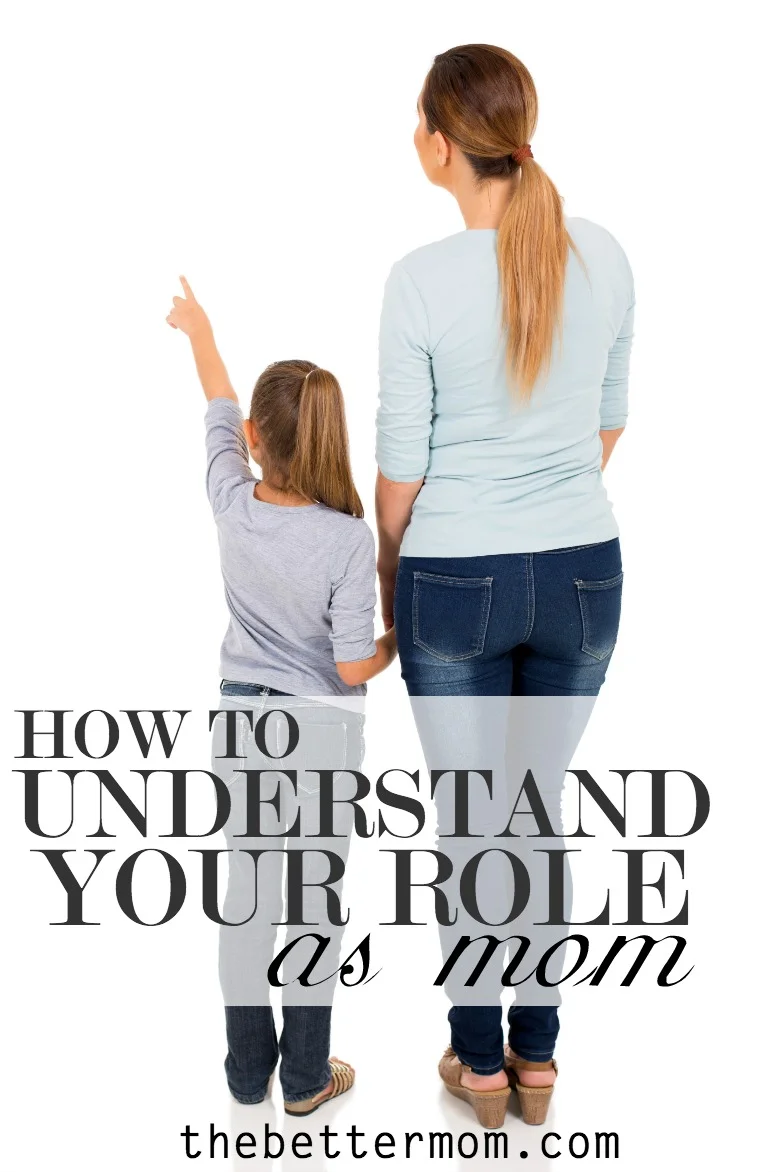
Before I share some ways I manage (or balance) homeschooling multiple children at multiple levels and varying learning styles, you must know that our homeschool days are not "picture perfect". Let's be honest, there is no such thing. But there are some things I do in order to keep our day moving forward and make sure everyone at least learns something.
Utilize Real Life
Over the years I have really learned how to integrate learning more seamlessly into our day-to-day lives. I do not consider us unschoolers, but rather look for opportunities to encourage my children to explore something that interests them in more depth. Typically this is outside our normal course of study. Sometimes I will set aside our regular lesson plans to allow for this, other times they will explore in addition to what they are learning during their formal lessons.
It takes some training, but with a bit of attentiveness, we can teach lots of things as they come up. When we decided, very unexpectedly, to sell our home and buy a new one back in January, many of our formal lessons were put on hold due to prepping the house for listing and staging the house for showings. My 11-year old daughter was very interested in the whole process of selling and buying a house. She asked lots of questions and I obliged her, allowed her to listen to conversations with our realtor, and encouraged her to further research the process. We may have set aside formal Geography for a season, but we picked up real estate.
Start With the Littles
It's amazing how much of a difference structured time with the young children makes. It's natural to want to make sure we're working with our older children because their schooling seems more imperative. (More on this in the next section). However, one of the most effective ways to fill up the tank of our young children (before working with our older children), is by working with them first. It doesn't necessarily need to be something formal, but being structured and consistent are key components.
Teach Independent Learning
It's important to teach our children to learn to work independently. For a long time I felt very uncomfortable with this idea because I felt a responsibility or duty to constantly be a part of their learning process. But actually, this is a hindrance to our children becoming competent adults. They need to be able to think for themselves and be self-motivated. We cannot always hold their hand. It is a necessary for discipline our children to learn to work on their own. Even young children can begin working independently for a short amount of time and as they master that, the time can be increased.
This does not mean their work goes unchecked. They still have accountability with us and each family can dictate consequences or adjust independence as necessary for each individual child. Our goal as homeschooling parents is to set our children up for success (however you define that).
Use a Multi-Level Curriculum
There are some curricula on the market that is tailored for families teaching multiple levels. We have used several and enjoyed each them. There are definitely pros and cons to this approach. One important "pro" is that everyone is learning the same material, just at different levels. This can also benefit younger children as they overhear higher level work and conversations from their older siblings.
In addition, older children can help younger children. This is also beneficial for the children. It can strengthen their relationship and teach conflict resolution, if that should arise during their work time together.
So, Where's the Balance?
Balance doesn't necessarily mean the load is evenly divided, daily. It does mean I work to meet the individual needs of my children on a daily basis. Some days one child will require more attention while another requires less. Some weeks we work heavy on formal lessons while other weeks we take more time to explore and learn about everyday life (such as moving/learning real estate).
What tips can you offer to teach multiple children?
Blessings,
Christin
This post is part of our series Finding Balance as a Busy Mom.
Please check the series page for all of the posts!
Share this post:




